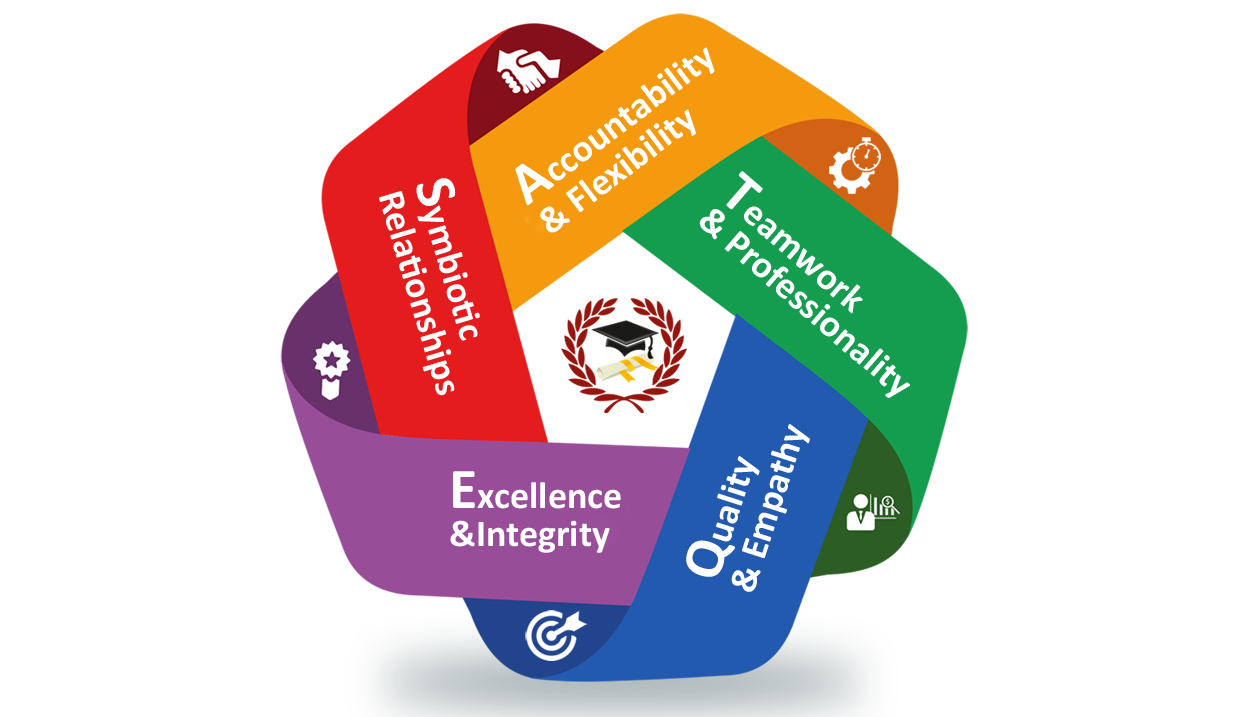Difference Between Studying at a Business School and a University

Studying management is crucial for Indian students aiming to succeed in the global business world. Choosing between an international business school and an international university involves various considerations. Business schools focus on specialized programs like the Master of Business Administration (MBA) or executive courses, whereas universities offer a wider range of disciplines with management as part of interdisciplinary studies. This introduction sets the stage for exploring differences in curriculum, faculty expertise, networking opportunities, cultural immersion, career prospects, and financial aspects, essential for Indian students navigating their educational journey abroad.
International Business Schools
International business schools are renowned for their management education, offering a specialized environment to prepare students for leadership roles globally. These institutions provide rigorous academic programs and immersive experiences, aiming to cultivate the next generation of business leaders. With curricula tuned to modern business practices, industry-experienced faculty, and numerous networking opportunities, business schools serve as innovation hubs and growth catalysts.
1. Curriculum
The curriculum at international business schools is designed to equip students with skills and knowledge for the global business landscape. It covers core areas like finance, marketing, operations management, organizational behavior, and strategy. Students can customize their studies through electives and concentrations in areas like entrepreneurship, consulting, and international business. Practical learning is emphasized through case studies, simulations, and real-world projects, along with internships and global immersion programs.
2. Faculty Expertise
Faculty at international business schools often have significant industry experience, bringing practical insights to the classroom. Many schools partner with corporations and industry leaders, providing access to guest lectures, case studies, and networking opportunities.
3. Networking Opportunities
Business schools offer extensive networking opportunities, allowing students to connect with classmates, alumni, faculty, and industry professionals from diverse backgrounds. These connections are valuable for building a global professional network and exploring career opportunities.

4. Cultural Immersion
These schools attract a diverse student body, creating a multicultural learning environment. Interacting with peers from various countries enhances students' cross-cultural communication skills and prepares them for the global marketplace.
5. Career Prospects
Graduates of international business schools are highly sought after by employers worldwide. The prestige and reputation of these institutions, combined with the practical skills and network they provide, can open doors to lucrative career opportunities in multinational corporations, consulting firms, financial institutions, startups, and other sectors. Additionally, many business schools offer career services support, including resume workshops, mock interviews, job fairs, and networking events to help students secure internships and full-time positions.
6. Financial Considerations
Despite the benefits, business schools often have high tuition fees, with additional expenses for housing, textbooks, and living costs. Many schools offer scholarships, financial aid, and loans to help manage these costs.

International Universities
International universities offer a broader range of academic disciplines beyond business and management, providing a multidisciplinary approach to education. These institutions attract students globally, offering a diverse academic environment where management studies are part of interdisciplinary programs.
1. Curriculum
The curriculum at international universities integrates management courses with a variety of disciplines like economics, sociology, psychology, technology, and humanities. This interdisciplinary approach fosters critical thinking and problem-solving skills. Students can customize their education through elective courses and engage in experiential learning opportunities like internships and study abroad programs.
2. Faculty Expertise
Faculty at international universities come from diverse academic backgrounds, providing unique insights and encouraging critical thinking. Their interdisciplinary expertise enriches the learning experience.

3. Networking Opportunities
While networking at universities may not be as specialized as at business schools, students can still connect with peers, faculty, and professionals through student clubs, extracurricular activities, conferences, and internships.
4. Cultural Immersion
The diverse student population at international universities allows Indian students to gain a deep understanding of global issues and develop cross-cultural communication skills. This environment fosters lifelong friendships and broadens perspectives.
5. Career Prospects
Graduates from international universities possess transferable skills and knowledge applicable across various industries. Career paths include consulting, finance, marketing, human resources, government, nonprofit organizations, and entrepreneurship. Universities also provide strong alumni networks and career services support.
6. Financial Considerations
Universities may offer more affordable tuition rates compared to business schools, especially for undergraduate programs. However, tuition and living expenses can still be substantial. Indian students should consider scholarships, financial aid, part-time work opportunities, and living costs when evaluating financial feasibility.

Conclusion
In conclusion, Choosing between an international business school and an international university depends on individual preferences, career goals, academic interests, and financial considerations. Business schools offer specialized and immersive programs tailored to global business demands, while universities provide a broader, multidisciplinary approach fostering diverse perspectives and cultural diversity. Indian students must weigh factors such as curriculum focus, faculty expertise, networking opportunities, cultural immersion, career prospects, and financial aspects to make an informed choice. Both options offer invaluable skills, knowledge, and experiences essential for success in the interconnected world of management.
For Indian students looking to make this crucial decision, consulting the best study abroad consultants can provide invaluable guidance and support. The best study abroad consultants, including specialized study abroad consultants for Europe, can help navigate the complexities of applications, visas, and financial planning, ensuring that students make informed decisions and embark on a successful educational journey abroad.


